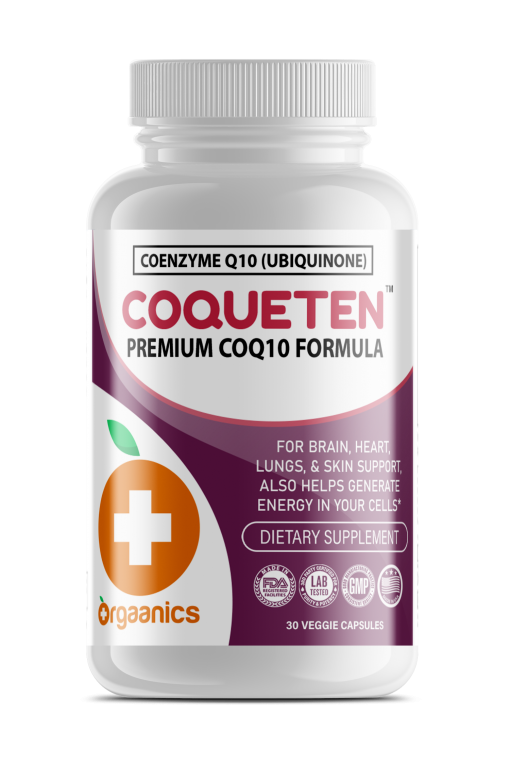Coqueten
Women’s Heart Health Over 40
Many of the body’s autonomous functions are instigated and regulated by our hormones. For women, the hormone estrogen is of vital importance, not only for its commonly known influence on the reproductive system but for overall health and wellbeing.
By the time a woman is in her 40’s, her body’s estrogen levels will usually have begun their decline. While it may lead to hot flashes and other pre-menopausal and menopausal symptoms, it can also have an impact on other aspects of health.
Here are some of the ways a women’s heart health is affected as she ages.
How estrogen works to prevent cardiovascular disease
Low levels of estrogen can help cause fats to accumulate in the bloodstream and plaque to collect in the blood vessels, leading to an increased risk of heart disease.
Estrogen promotes the flexibility of the blood vessels. It enables the blood vessels to relax and expand to make way for healthy blood flow and circulation.
However, the protective effect of natural estrogen may be diminished according to several factors, such as smoking, or if a woman has already been diagnosed with high blood pressure long before her menopausal years.
Hormonal shifts leads to heart palpitations
Heart palpitations are among the most common complaints of women who are in their perimenopause, menopause, and postmenopausal period. Experts refer to this occurrence as vasomotor instability, brought about by the shifts in their hormonal levels.
It is often accompanied by mood swings, hot flashes, night sweats, and feelings of cold extremities. The roller-coaster change of levels in progesterone, testosterone, and estrogen causes adverse impacts on blood circulation.
Lower estrogen levels can lead to an increased heart rate
Reduced estrogen levels may also result in overstimulation of the heart, resulting in an increase in heart rate. Some women complain of a skipped heartbeat or a racing heart, even when they are not overexerted.
However, heart palpitations can also be a symptom of other problems such as hypoglycemia, angina, or anxiety. Although heart palpitations associated with perimenopause are quite often harmless, it still requires a visit to the doctor.
Don’t just assume it’s your drop in estrogen, or a menopausal symptom, simply because you fit the age and gender demographic. Never assume anything!
Heart health symptoms are not an area for self-diagnosis, so don’t be slow to seek professional advice and diagnosis.
Heart palpitations during either the perimenopausal or menopausal period may vary in intensity. Some women experience disturbing palpitations while other women experience severe heart disturbances. Your doctor may decide to refer you to a cardiologist for a more comprehensive evaluation.
Is Oral Estrogen Good or Bad for Perimenopausal Women?
It was once believed and proclaimed that taking estrogen, as part of Hormone Replacement Therapy, would reverse the development of cardiovascular disease. The assumption was that if reduced levels of estrogen increased the risk of heart disease, then supplementation would overcome it.
However, oral estrogen may not be helpful for everyone. Research increasingly indicates that HRT recipients have more incidence of cardiovascular problems than those who have not used it.
Experts stress that while estrogen plays a very important role in keeping a woman’s heart-healthy, supplementation is not a magic bullet. There are many other factors involved in heart health, such as genetics, environment, and diet. These factors also influence the tides of hormone production, including estrogen, which makes it even harder to isolate specific causes.
One great way to keep your heart health healthy in your 40s and beyond is by taking Coqueten. Order it here only at Orgaanics!

